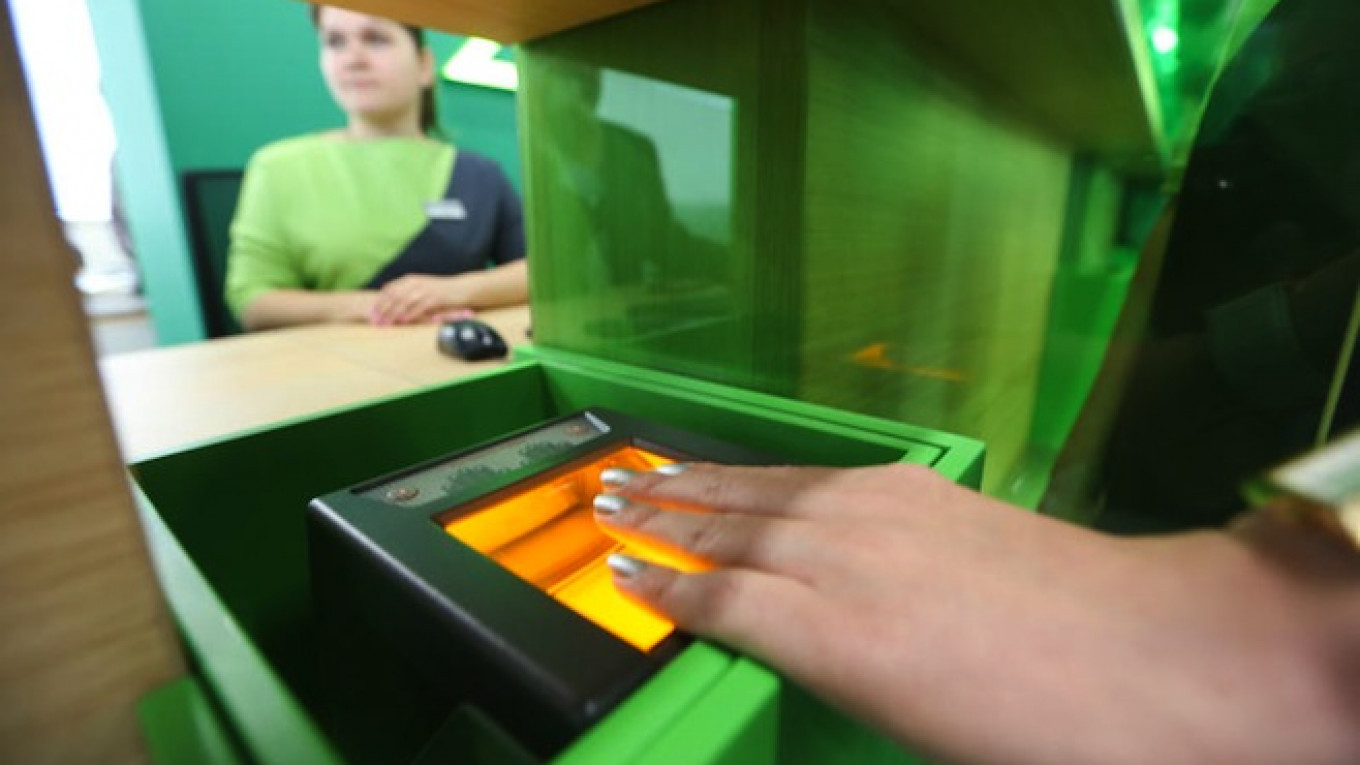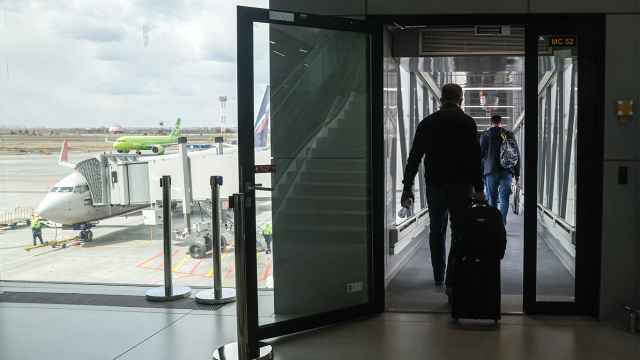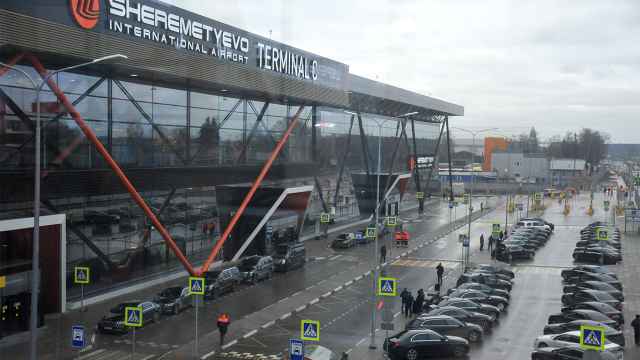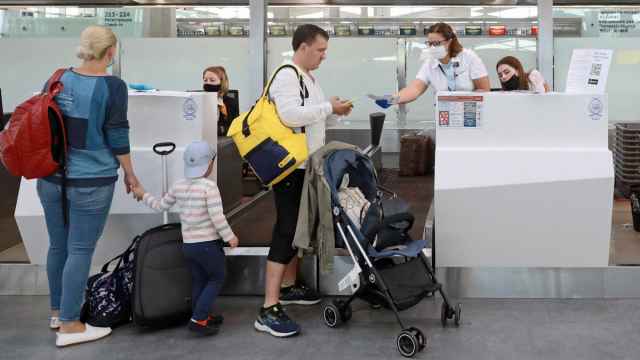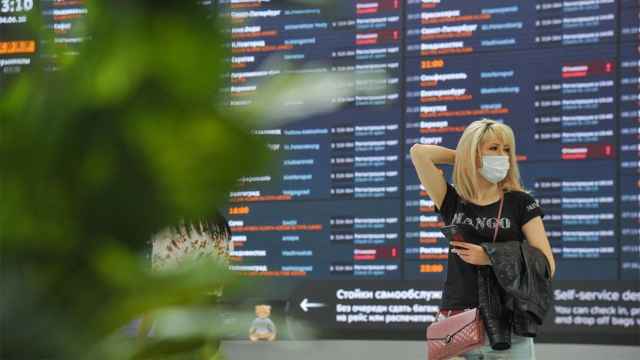Foreigners arriving in Russia for periods longer than three months will have to submit their fingerprints and other biometric data under a new law that President Vladimir Putin signed Thursday.
Migrant workers will be required to submit biometric data within 30 days, while those foreigners visiting outside of work will have a window of 90 days from arrival in Russia.
The same deadlines also apply to medical examinations to check for diseases including HIV as well as the presence of drugs, according to the legislation.
The newly signed amendments to Russia’s laws on biometrics and the legal status of foreigners allow the authorities to shorten the length of stay for refusing to undergo medical examinations.
The foreigners’ and all Russians’ fingerprints will be stored in an official database until they reach the age of 100 or pass away.
Diplomats, international NGO workers, Belarusian nationals and children under the age of 6 are exempt from the biometric requirements.
The new requirements take effect 180 days after Putin’s signature and the law’s publication on July 1, 2021.
Russian Interior Minister Vladimir Kolokoltsev first announced plans to create a biometric database, which is expected to integrate with wanted lists and traffic surveillance, in 2014.
Russian law has also allowed the Interior Ministry and Federal Security Service (FSB) to gain access to bank customers’ biometric data without their consent.
A Message from The Moscow Times:
Dear readers,
We are facing unprecedented challenges. Russia's Prosecutor General's Office has designated The Moscow Times as an "undesirable" organization, criminalizing our work and putting our staff at risk of prosecution. This follows our earlier unjust labeling as a "foreign agent."
These actions are direct attempts to silence independent journalism in Russia. The authorities claim our work "discredits the decisions of the Russian leadership." We see things differently: we strive to provide accurate, unbiased reporting on Russia.
We, the journalists of The Moscow Times, refuse to be silenced. But to continue our work, we need your help.
Your support, no matter how small, makes a world of difference. If you can, please support us monthly starting from just $2. It's quick to set up, and every contribution makes a significant impact.
By supporting The Moscow Times, you're defending open, independent journalism in the face of repression. Thank you for standing with us.
Remind me later.


